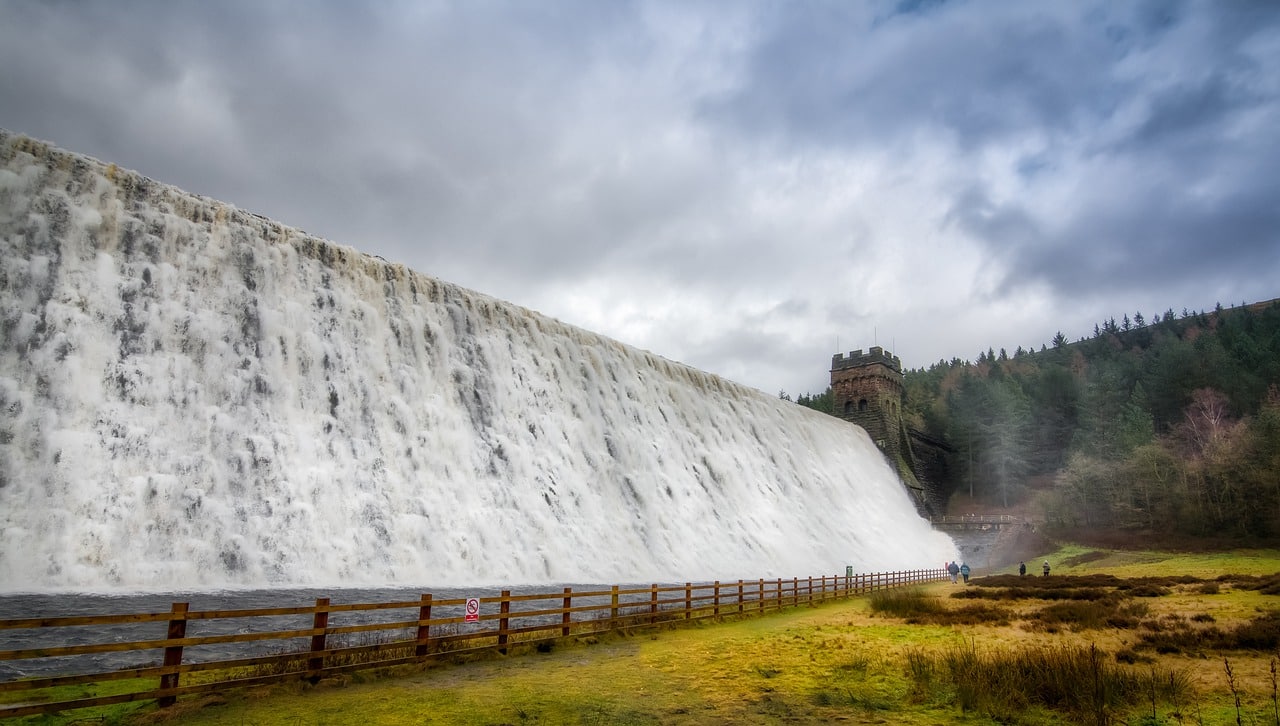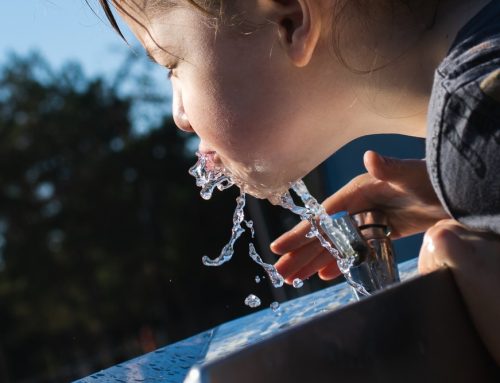Currently, the world population uses up to 10tn cubic meters of water annually, which continues to increase each year. Needless to say, freshwater is becoming an incredibly endangered resource, and although we still have adequate water supply, due to factors that include global warming, we may not in the future.
If you think about warning signals when it comes to water, some countries have different stages of water restrictions implemented already, which also comes and goes depending on whether water scarcity gets relieved. However, what if the water supply slows down altogether? What is there is less rain? What if humans contaminate more water with time? These are all very scary ideas we prefer not to think of. However, it is more than necessary to think of it and strategize accordingly.
Luckily, to prevent future freshwater depletion, a few technologies are being worked on that can relieve future water scarcity, perhaps even prevent such global issues altogether.
The Best Modern Solutions to Prevent Future Water Shortages
- Bathing without water – Although it may seem like a strange concept to most people, is it really necessary to take a shower or bath with water every single day? Well, thanks to a South African invention, a product called DryBath, it’s doesn’t seem to be necessary at all. DryBath includes a blend of odour-eliminating chemical Tawas, essential oils, and bioflavonoids, all of which work together to save water and could save millions of litres of water each day, should it be adopted as a solution globally.
- A lifesaver bottle – An initiative used to force water by using a pump, through a 15-nanometer filter, responsible for cleansing viruses and bacteria. This Lifesaver bottle has thus far been used by countries like Afghanistan and Britain.
- Solar-powered purification – Since locations with hot climates tend to suffer the most from drought, it was only a matter of time before scientists made use of the heat. Solar-powered purification works by exposing zinc and titanium dioxide to a range of ultra-violet radiation produced from the sun, to in return, produce a catalytic composite that purifies water safely.
- Laser rainmaking – With an invention drawing inspiration all the way back to the 1840s, the rainmaking lasers have been in the works by scientists the past few years. Laser rainmaking involves shooting lasers into the sky, in the direction of pulses of light, to help vapour condense, increasing rain amid a drought.
Rent water coolers and buy water dispensers from Living-Water in London.






